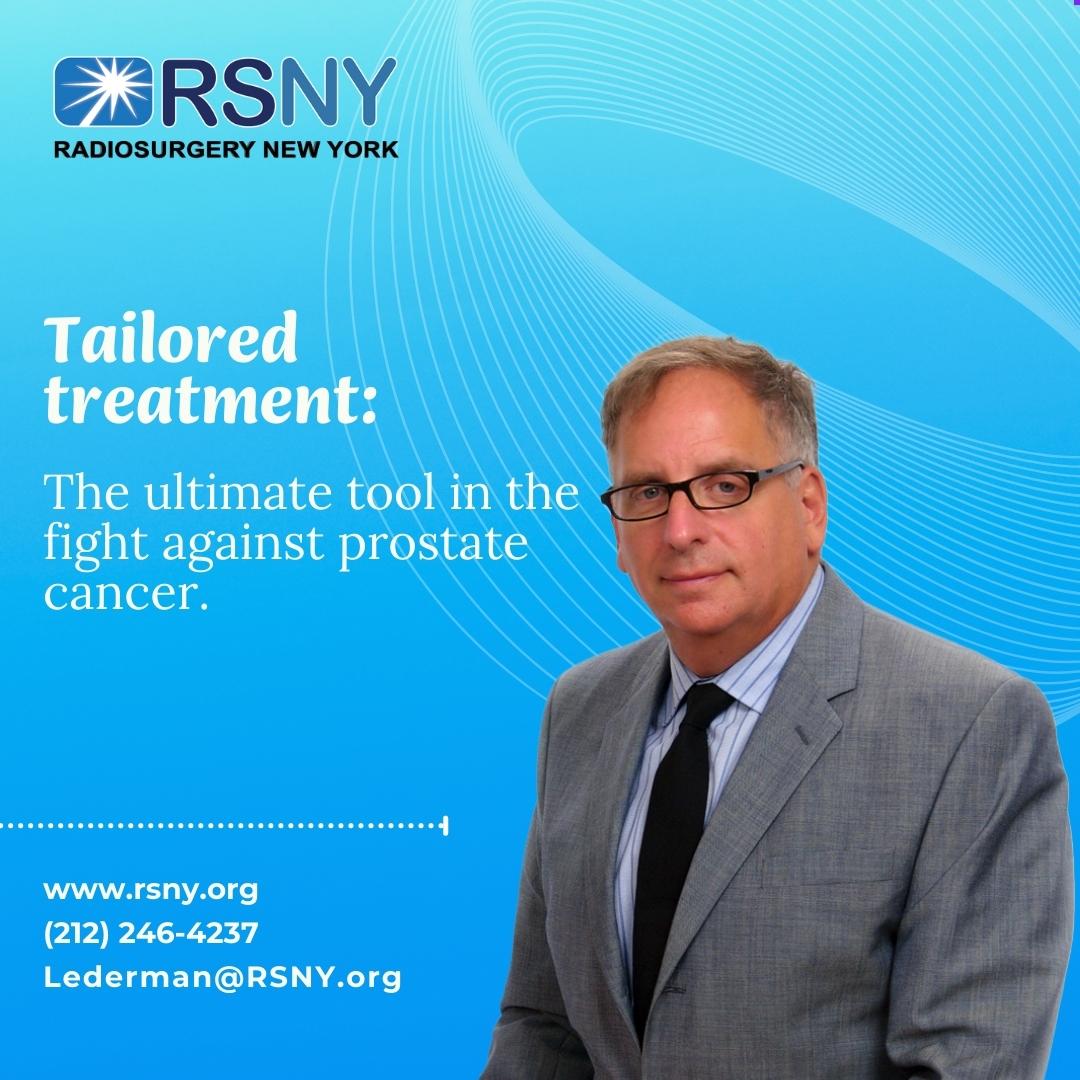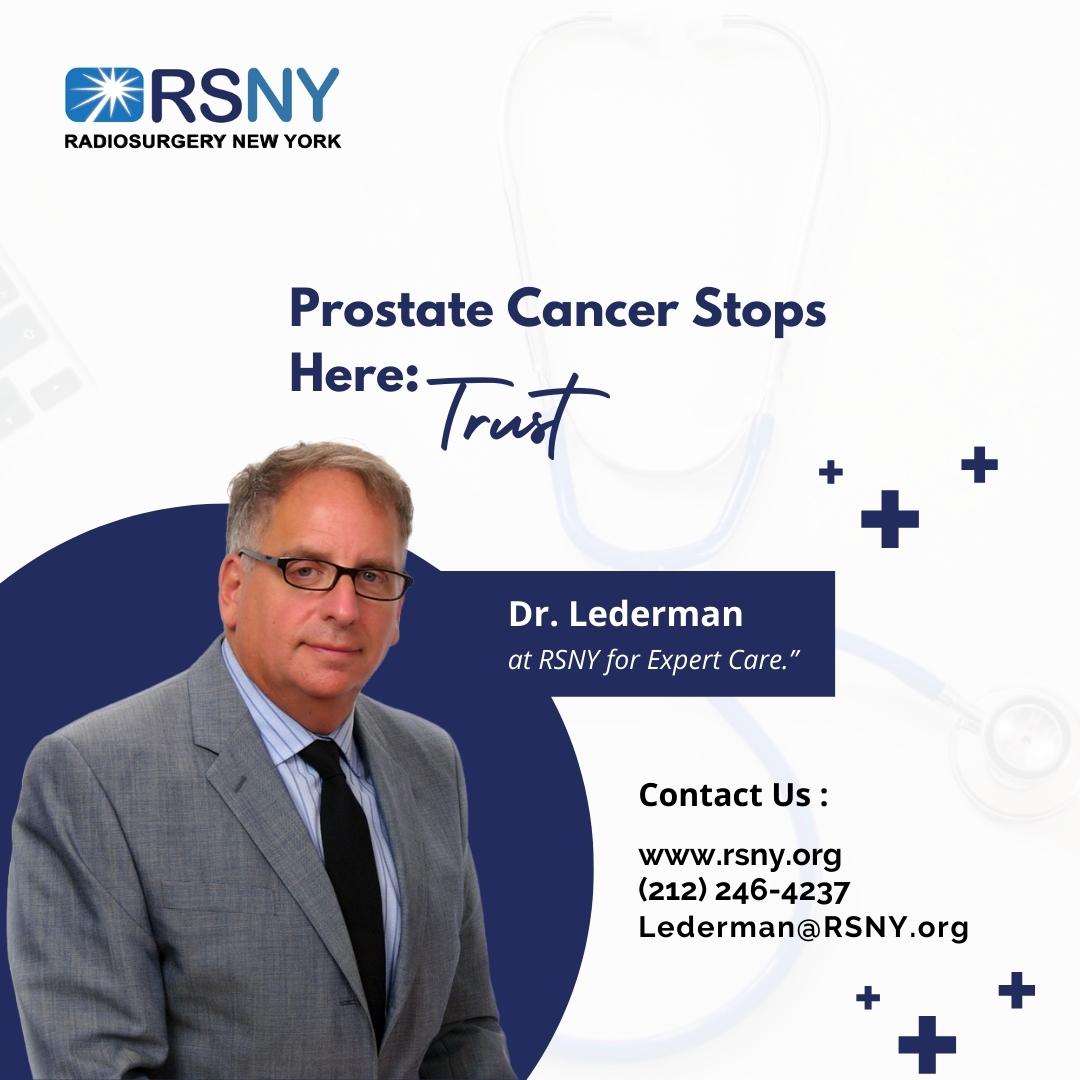The revelation of a potential game-changer is making waves in the medical community as part of the ongoing fight against the global prostate cancer pandemic. Researchers at the Johns Hopkins Kimmel Cancer Center’s phase 2 study found that the novel drug enoblituzumab, a monoclonal antibody, is safe for men with aggressive prostate cancer and may
The revelation of a potential game-changer is making waves in the medical community as part of the ongoing fight against the global prostate cancer pandemic. Researchers at the Johns Hopkins Kimmel Cancer Center’s phase 2 study found that the novel drug enoblituzumab, a monoclonal antibody, is safe for men with aggressive prostate cancer and may have clinical activity against cancer throughout the body.
Enoblituzumab was administered six times a week for six weeks prior to surgery to participants in the study, which included 32 men with high-risk or extremely high-risk prostate tumors. Following an average post-surgery follow-up period of 30 months, an astounding 66% of patients had undetectable prostate-specific antigen (PSA) levels, indicating no sign of residual disease. Overall, the medication was well tolerated, and there were no surgical delays or postoperative medical issues.
The novel treatment functions by attaching to the protein B7-H3, which is frequently overexpressed on prostate cancer cells and is thought to prevent the immune system from attacking these cells. Enoblituzumab not only prevents B7-H3 from impairing the immune system’s ability to identify and destroy cancer cells, but it also activates additional immune cells, including macrophages and natural killer cells, in a process known as antibody-dependent cellular cytotoxicity (ADCC), which kills tumor cells.

Fight Against Prostate Cancer
The findings of this study are especially encouraging in the field of prostate cancer treatment, where relapse is a terrible reality for many patients. If these findings are confirmed in larger, randomized studies, it may herald a paradigm shift in the way prostate cancer is treated. The potential of the therapy resides in its capability to potentially eradicate micrometastatic disease that is hidden elsewhere in the body following local therapies like radiation therapy or surgical prostate removal, preventing a sizable portion of men from developing reoccurring disease.
The patient demographics for the study were diverse, with a median age of 64 and a range from 48 to 74. Approximately half of the participants had a PSA greater than 10 ng/mL at diagnosis, which is considered abnormally high. The drug was confirmed to penetrate prostate tumors and bind to B7-H3 in the vast majority of participants, according to prostate samples studied after surgery.
Enoblituzumab’s side effects were often modest and included fatigue, neurological issues such as headaches or vertigo, and flu- or cold-like symptoms. One patient experienced heart inflammation (myocarditis), which was completely treated with steroids and is a documented side effect of other immune checkpoint inhibitors.
Beyond the promising PSA results, investigators also noted changes in the tumor microenvironment before and after enoblituzumab treatment. The tumors showed increased infiltration with granulocytes, leukocytes, and effector T-cells, and there was roughly a doubling of the density of cytotoxic T cells after treatment, consistent with the concept that the immune system was activated against tumor cells.

Trust on Dr. Lederman – Stop Prostate Cancer
Although these findings are exciting, they are also exploratory and need to be confirmed in larger study cohorts. However, the results in high-risk prostate cancer patients and the broader need for immunotherapeutic strategies with efficacy in prostate cancers provide justification to further develop approaches that include targeting B7-H3 to optimize antitumor activity in prostate cancers and other solid malignancies.
This development is particularly relevant for organizations such as Radiosurgery New York (RSNY), which boasts a unique team of physicians, physicists, radiation technologists, dosimetrists, and nurses who share a distinct new vision. RSNY focuses on advancing technology, quality assurance, and data compilation to create an atmosphere of compassion. RSNY has a rich history of leading the way with the refined development of non-invasive techniques called fractionated stereotactic brain radiosurgery for treating benign and malignant brain tumors.
As the world eagerly anticipates the larger, randomized trial of enoblituzumab, there is renewed hope in the fight against prostate cancer. It is developments like these that underscore the importance of continued research and innovation in the field of oncology, a mission that RSNY wholeheartedly supports.





















Leave a Comment
Your email address will not be published. Required fields are marked with *